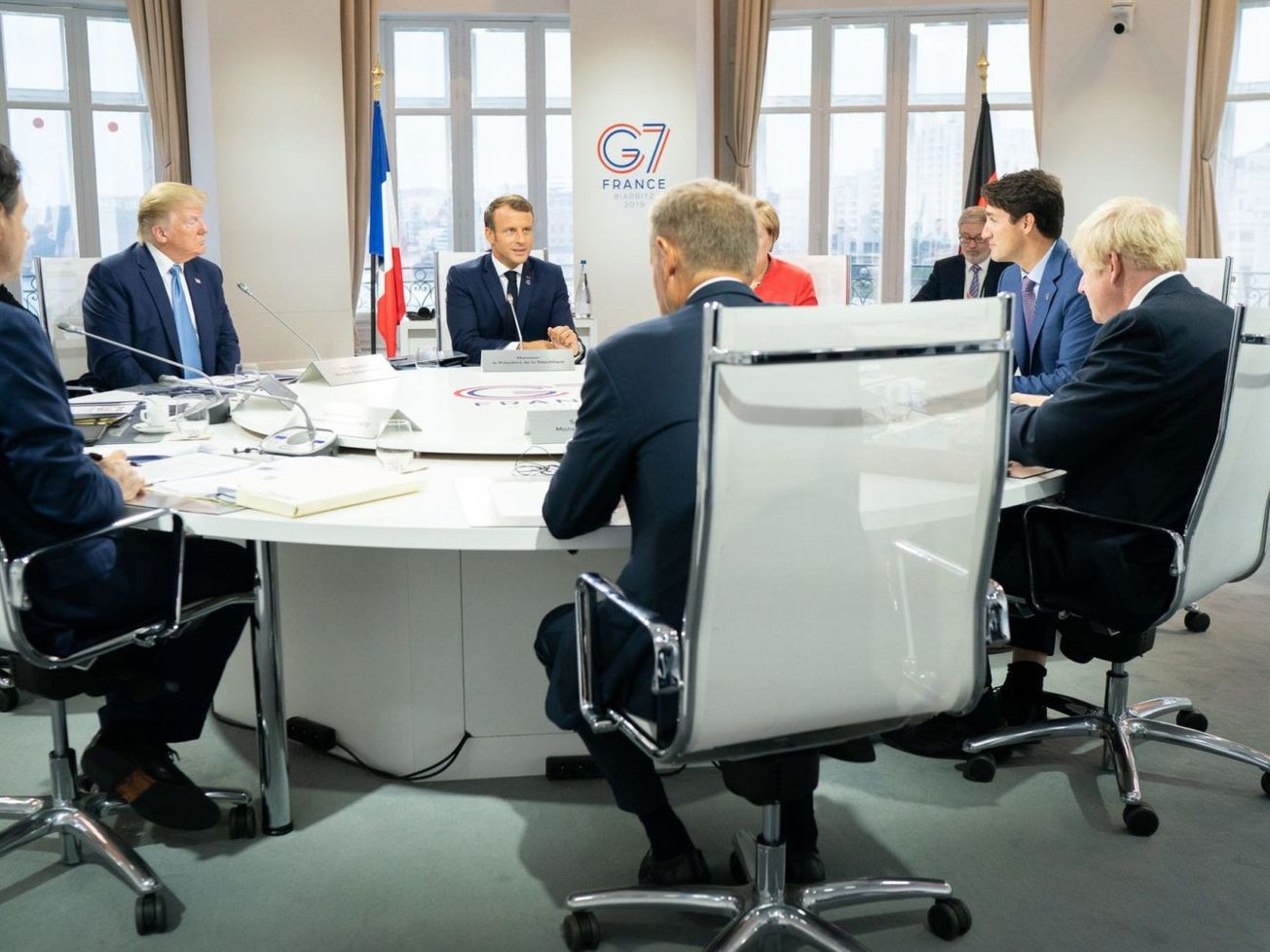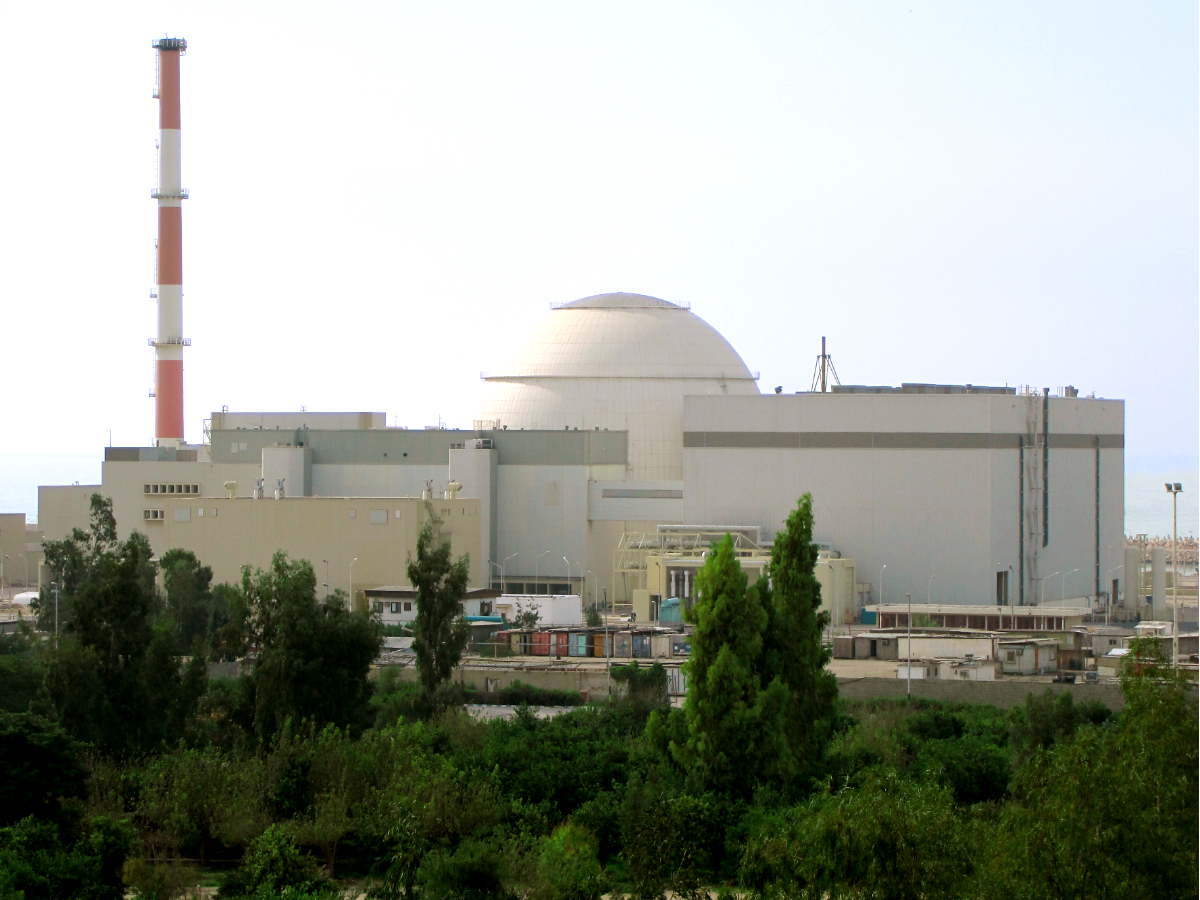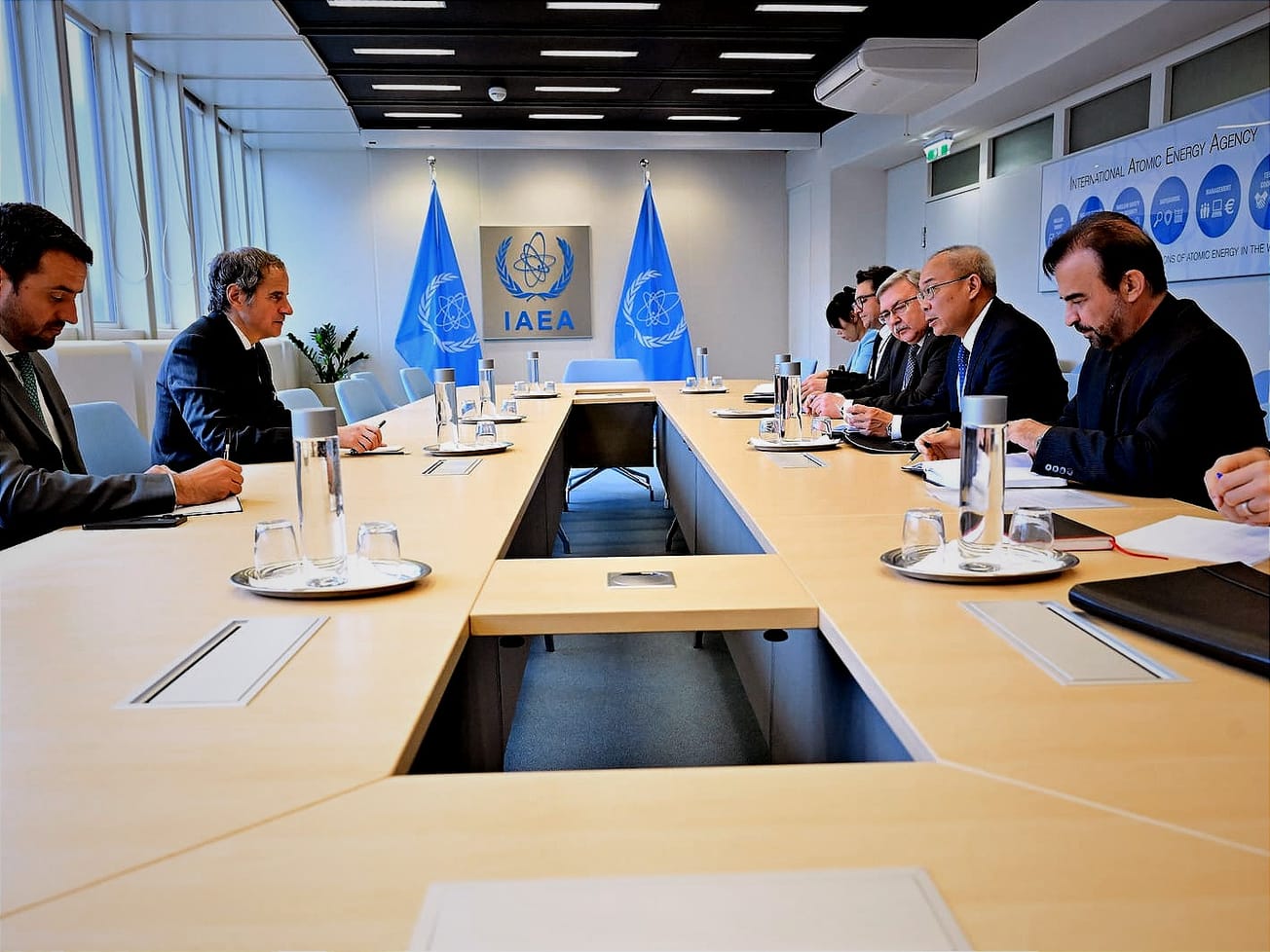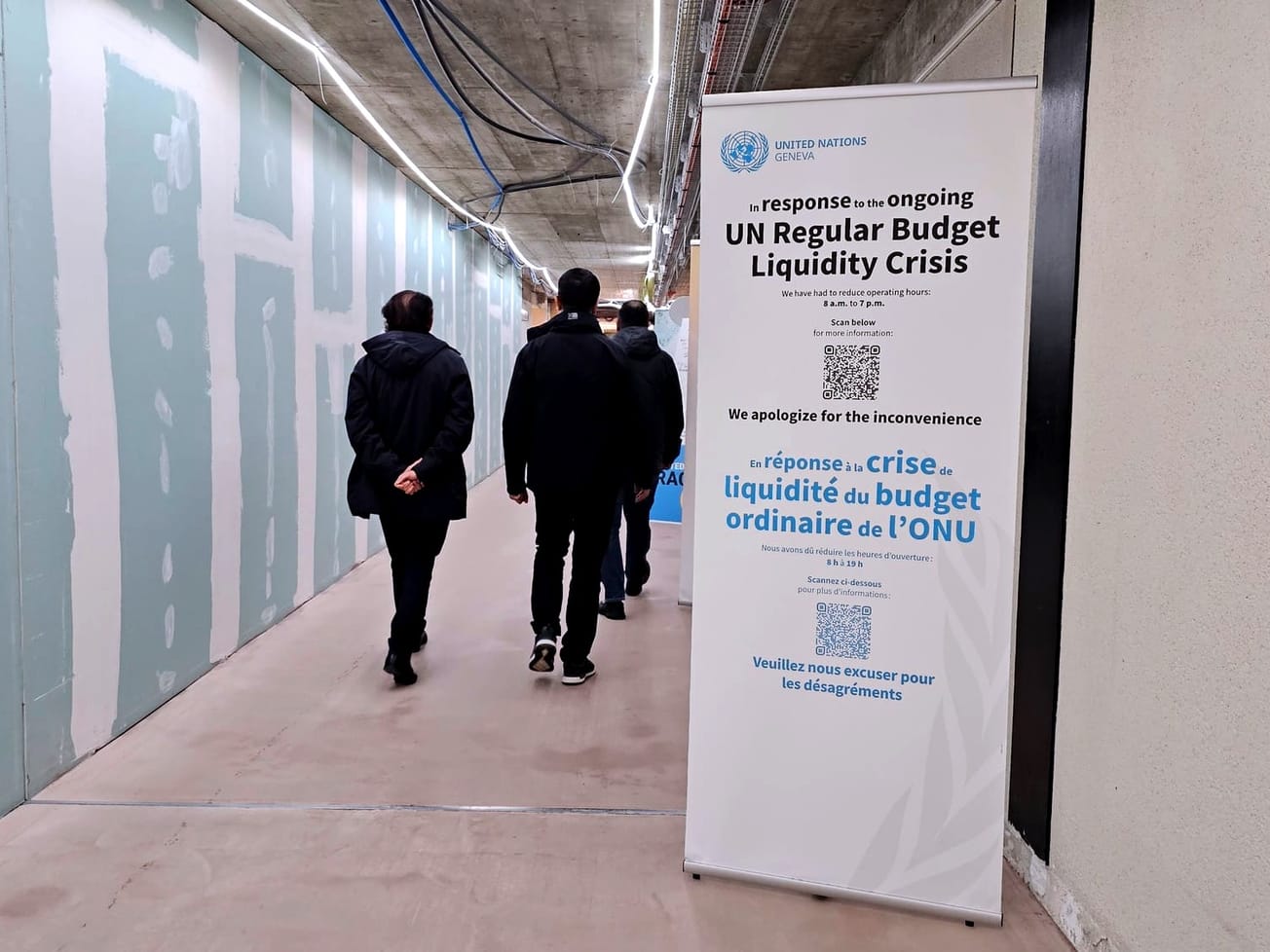British and French leaders recommitted their nations on Sunday to the crumbling Iran nuclear deal despite U.S. President Donald Trump undermining it and Europeans triggering a process that may reimpose sanctions.
British Prime Minister Boris Johnson and French President Emmanuel Macron, while meeting in Berlin on the sidelines of a United Nation-backed summit on Libya, agreed a broader arrangement is needed to revive the deal, formally known as the Joint Comprehensive Plan of Action, or JCPOA.









